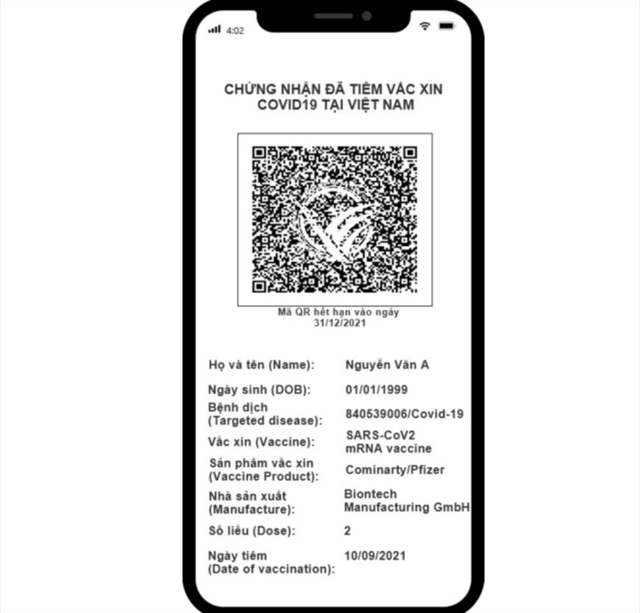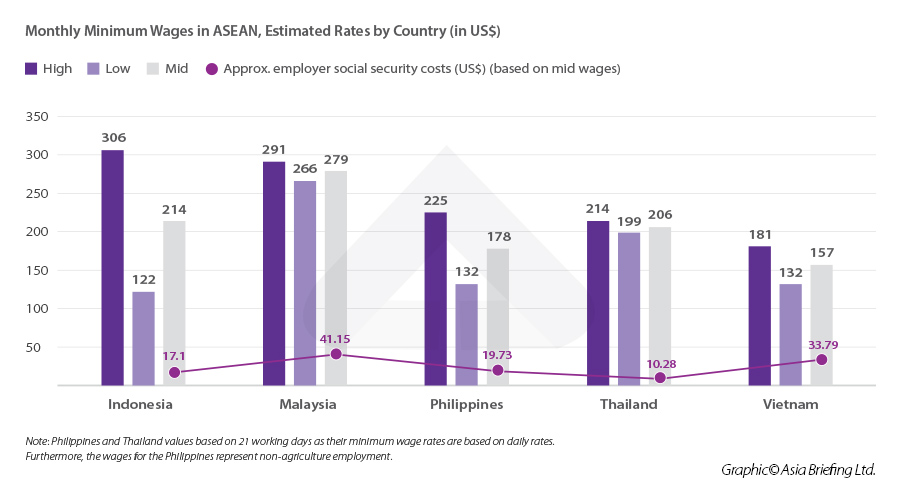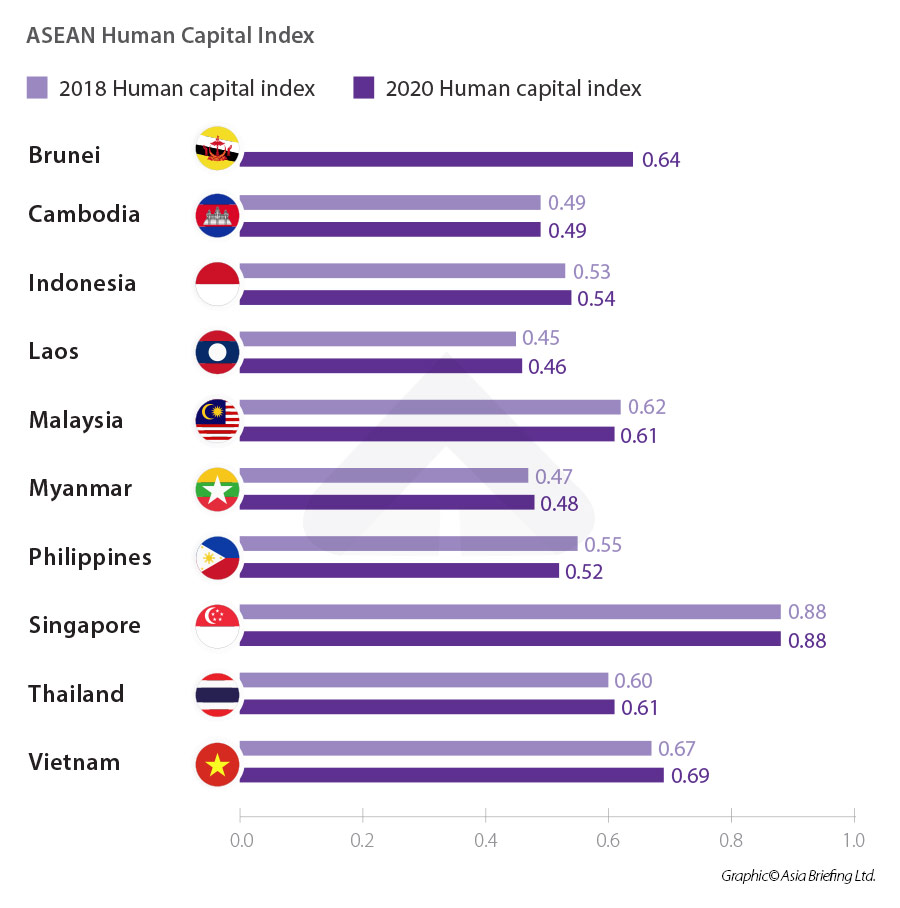Vietnam Briefing discusses how businesses and individuals can reduce their tax exposure by taking advantage of double tax avoidance agreements (DTAAs). Nevertheless, businesses should be aware of tax regulations when using this method or face significant tax fines and penalties.
Both foreign and domestic residents of Vietnam are able to obtain reductions and exemptions on their taxes through a variety of different methods. Thanks to the double tax avoidance agreements (DTAAs) that Vietnam has, businesses and individuals can reduce their tax exposure by taking advantage of the tax reductions and exemptions they may be subject to.
However, businesses should be aware of the tax regulations in place on DTAAs as these can be complex.
What are DTAAs?
DTAAs treaties effectively eliminate double taxation through identifying exemptions or reducing the amount of taxes payable in Vietnam. Double taxation is when two or more countries levy tax on the same income such as income taxes, assets, or financial transactions. DTAAs apply to both individuals and corporations who are residents of Vietnam, citizens of the country that Vietnam had signed a DTAA with, or both.
Tax exemptions or reductions under the DTAAs do not apply automatically, and foreign individuals and organizations are required to submit the relevant documentation to the provincial and/or municipal tax authorities in Vietnam to notify their eligibility for tax exemptions/reductions.
Tax avoidance methods
In respect to Vietnamese taxes, residents of Vietnam (foreign and domestic) can see certain double taxation avoidance methods applied when their payable tax amount is calculated. Depending on the specific agreement, Vietnam may apply one or a combination of the three methods below to calculate this.
Direct deduction method
If the taxpayer is a resident of Vietnam and had already paid income taxes to a DTAA partner country, the same amount will be deducted from the relevant taxes payable in Vietnam.
Deduction of deemed tax
Deemed tax is the amount of tax that should have been paid by a resident of Vietnam to a signatory country on income sourced from that country, but which is reduced because of favored treatment toward the signatory country. With this method, the deemed tax amount will be deducted from the taxes payable in Vietnam.
Deduction of indirect tax
If a Vietnamese resident receives income from a source belonging to a signatory of a DTAA and corporate income taxes have already been collected by the signatory country, the indirect tax amount will be deducted from the taxes payable in Vietnam.
The third method listed above is only applicable to the joint-stock company if the Vietnamese resident holds at least 10 percent of such company’s voting rights. It should be noted that the deductible tax amount may not exceed the total taxes payable in Vietnam.
Residents of Vietnam
Individuals and organizations that want to confirm their residency status for tax purposes need to submit application dossiers to the relevant state authority.
If the individuals or organizations do not declare and pay taxes in Vietnam, they must submit the following documents:
- Confirmation letter noting the civil status registration (for individuals), or a business certificate (for organizations) from the managing agency or local administration in their place of residence; and
- Confirmation of income payers (if any).
The city/provincial tax department will consider and grant written certificates noting residential status to applicants within 15 working days of receipt of the application dossier. The 15-day timeline does not include the time required for dossier supplementation and explanation.
Tax exemption and reduction
To notify the tax authority for tax exemptions and reductions, individuals and organizations must submit the following:
- A notice on eligibility for a tax exemption or reduction under the appropriate agreement;
- The original certificate of residence granted by the taxation agency of the country of residence for the year prior to the one that exemption is being applied for;
- A signed copy of the individual’s passport (for individuals whose signatory countries do not grant certificates of residence); and
- Documents to verify the source and nature of income (i.e., labor contracts, recruitment decisions, etc.).
The tax authority only acknowledges receipt of the notification submitted by the taxpayer without confirming their eligibility for tax exemptions or reductions. The taxpayer must self-assess their eligibility and should be well-prepared to substantiate upon being enquired by the tax authority.
Tax deduction
To apply for a tax deduction, residents of Vietnam (both individuals and organizations) must submit the following documents:
- An application form for the exemption or reduction under the appropriate agreement;
- For direct deduction: a copy of the income tax declaration form from the foreign country, a copy of the tax payment receipt from the foreign country, and the original certificate from the foreign tax authorities verifying that the taxes have all been paid;
- For deduction of deemed taxes: a copy of the income tax declaration form from the foreign country, a copy of the business registration certificate or legal documents certifying the business activities in the foreign country, a letter of certification from the foreign tax authority regarding the exempted or reduced taxes in that foreign country (this tax deduction must also be done in accordance with any agreements and/or laws of the foreign country); and
- For indirect deductions: legal documents proving the relationship and capital contribution percentage of the applicant, a copy of the income tax declaration form from the foreign country in which the applicant contributes capital, a copy of the declaration form for taxes deducted on dividends, and a certificate from the foreign tax authorities certifying that the relevant corporate income taxes were paid before the dividends were divided.
The tax departments will consider, approve and perform the relevant tax deductions according to the agreement within 30 working days of receipt of the application dossier. The 30-day time limit does not include time for dossier supplementation and explanation.
Residents of signatory countries
Tax exemption and reduction
In order to be considered for a tax exemption and/or reduction, foreign residents must prepare and submit a dossier to notify the tax authority about their eligibility. The dossier must include the following documents:
- A notice on the eligibility of a tax exemption or reduction under the appropriate agreement;
- The original certificate of residence granted by the taxation agency in the individual’s country of residence for the relevant tax year (note: individuals may submit a signed copy of their passport to replace this certificate if they are not granted certificates of residence);
- Copy of the tax payment receipt (note: if the relevant taxes have already been paid in Vietnam, then the resident will need to also provide a certificate issued by the State Treasury in Vietnam noting the amount that was already paid);
- Certificate from the Vietnamese partner (individual or organization) listing the term of the contract and the actual time of operations in Vietnam;
- Copy of the business registration certificate and/or the tax registration certificate from the country of residence (for organizations) or the professional practice license (for individuals); and
- A signed copy of the business and labor contracts.
The tax authority only acknowledges receipt of the notification submitted by the taxpayer without confirming their eligibility for tax exemptions or reductions. The taxpayer must self-assess their eligibility and should be well-prepared to substantiate upon being enquired by the tax authority. Theoretically, if a tax exemption or reduction dossier was submitted to the tax department in a previous year, then the foreigner is required to submit a new labor contract (if any) for all subsequent years. However, the tax authority often requires the notification for tax exemptions and reductions to be submitted on an annual basis.
Tax refund
Foreign residents are entitled to tax refunds if the amount of taxes paid to the State Treasury is higher than the total taxes payable. To obtain a tax refund, the resident must submit a refund request to the General Department of Taxation (GDT), the documents for which are the same as those for requesting a tax exemption or reduction.
The tax department will review and give out the tax refunds according to the appropriate agreement within 60 working days from the date of receipt of the application. It should be noted that refund requests are often subject to extensive audits and inquiries by the tax authority. The 60 working day time limit does not include time for dossier supplementation and explanation.
Confirmation of taxes paid
If a foreign resident needs confirmation of income taxes paid in Vietnam to deduct from the taxes payable in their country of residence, then the following documents need to be compiled and submitted to the relevant authority:
- An application for the confirmation of taxes actually paid in Vietnam;
- A copy of the tax payment receipt and a written certificate from the State Treasury in Vietnam noting the amount of taxes paid; and
- The original certificate of residence granted by the tax agency of their country of residence for the relevant tax year.
The tax department will issue a written confirmation of the taxes paid by the applicant within 15 working days from the date of receipt of the application. The 15 working day time limit does not include time for dossier supplementation and explanation.
Common DTAA practices in Vietnam
Most DTAAs are written comprehensively with complex terms; therefore, the implementation of the DTAA is subject to the interpretation of the provincial tax authority instead of the GDT of Vietnam.
Thus, the procedures for DTAA implementation are usually not consistently practiced and the provisions are often interpreted differently by different provincial tax authorities due to a lack of official guidance from the Ministry of Finance (MoF) as well as the GDT.
Moreover, the taxpayers must self-assess and must be responsible for their tax exemption and reduction eligibility under DTAA practices without any confirmation from the tax authority when submitting the DTAA notification dossiers.
Thus, taxpayers are subject to potential tax exposure of being questioned and challenged by the tax authority in future tax audits or tax inspections, which may result in significant tax fines and penalties for an incorrect declaration if inaccurate interpretations and self-assessments are made by taxpayers.
Based on our practical experience taxpayers, who wish to apply for tax exemptions and reductions, should always seek their provincial tax authority’s opinion on their eligibility status before proceeding with the DTAA application process to mitigate future tax risks. Alternatively, they can also seek advice from professional tax consultants who have extensive knowledge and experience in DTAA implementation.
vietnam-briefing.com




















